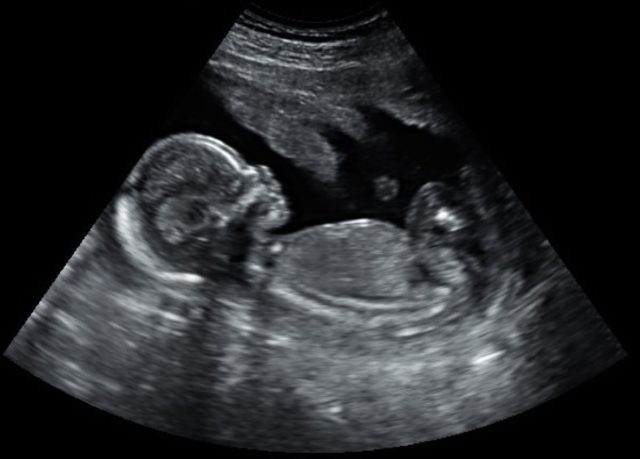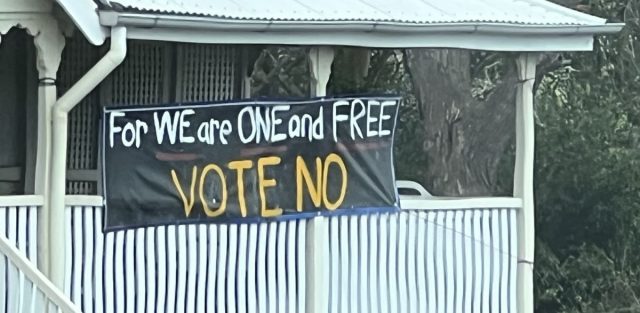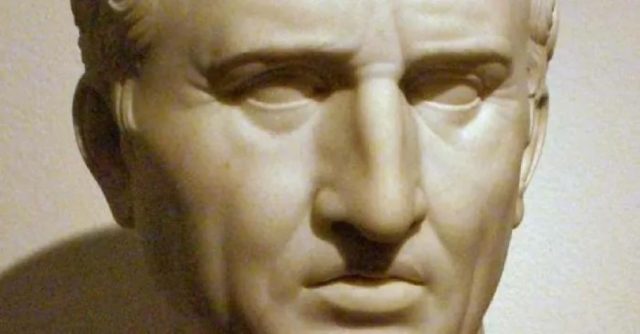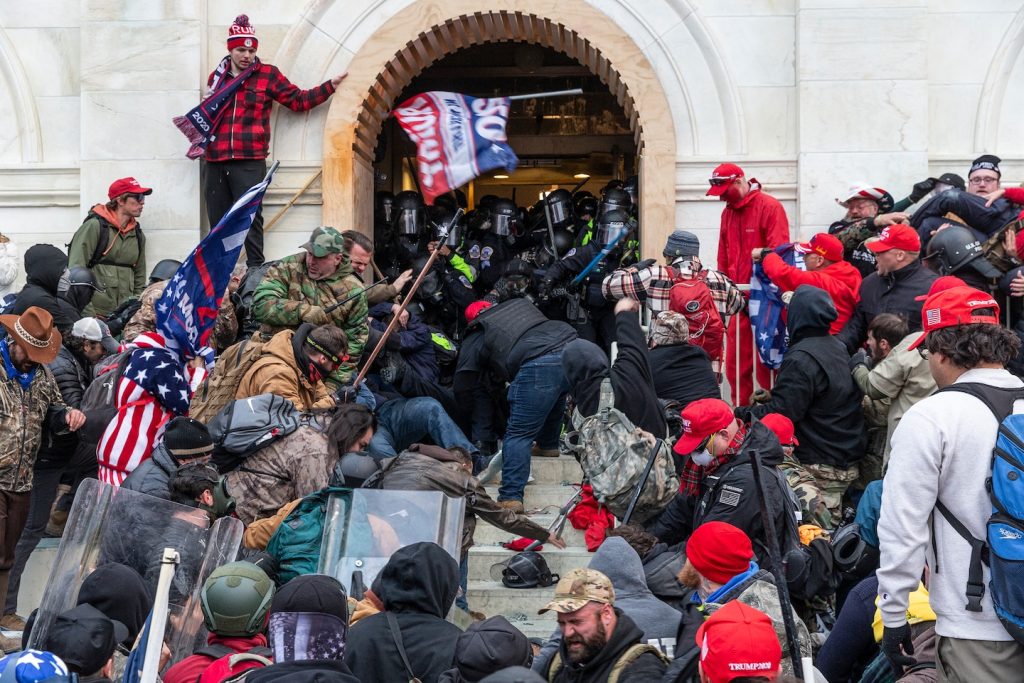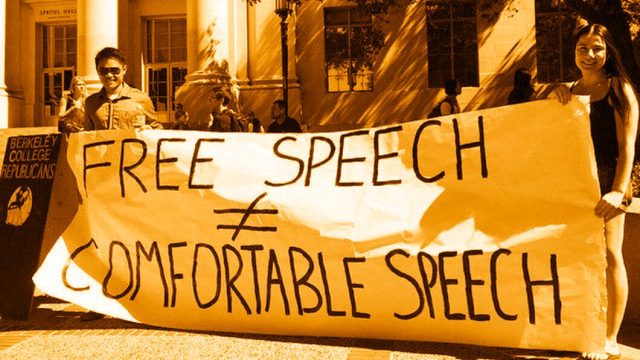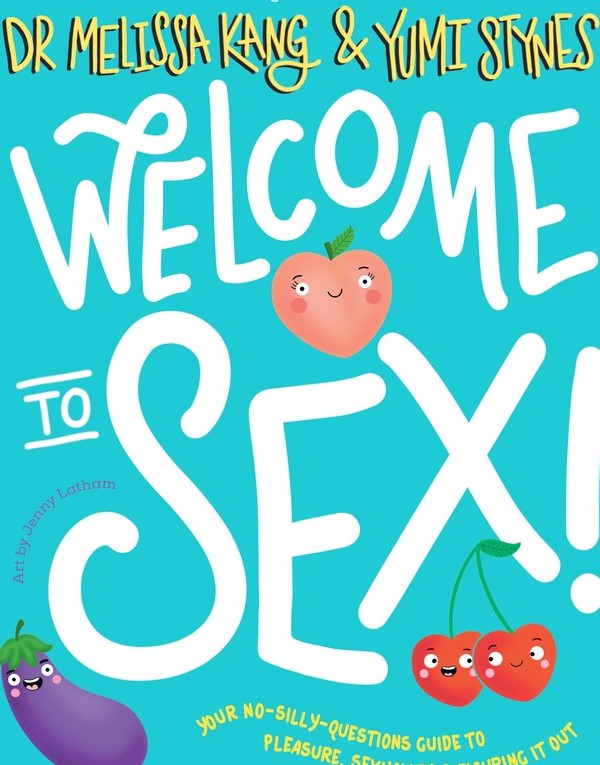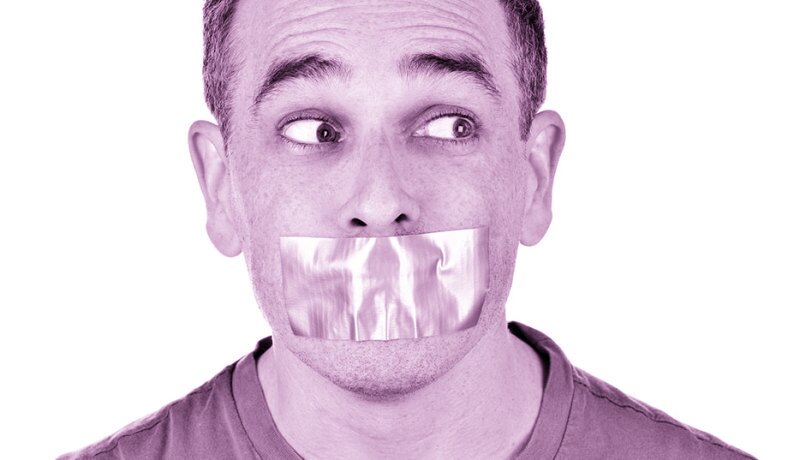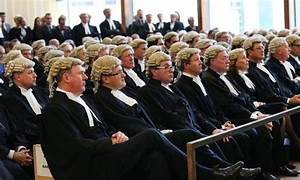A Serving of Humble Pie, Minister?
Arrogant and egotistical are the two words most equated with politicians.
Australians who voted NO to enshrine race into our Constitution will no doubt confirm the veracity of these two terms now that some states have declared they intend to legislate it anyway.
Despite the overwhelming NO vote, state politicians, through their arrogance and egos, are ignoring that majority by either pushing on, in the case of South Australia and Western Australia, or begrudgingly backing down for now while continuing to make excuses as to why it is needed.
The question must be asked by every citizen who values their democratic rights and the rights of their fellows: how is this democracy at work?
The focus here is not on pros and cons of the issue, nor the referendum result. Rather, it is to highlight the blatant disrespect of the citizenry by those who are elected to represent them – the “pollies,” to use Australian vernacular.
It would be helpful, to say the least, if aspiring politicians would read his story in the hope that our societies would benefit from more humility and less hubris.
Is it power they cannot resist? Or do they truly believe they know best?
Undoubtedly, it is a combination of both. And it is as old as time. Most of them are caught up eventually in the net of hubris. As Plato wrote over two millennium ago, that “under tyranny of the master passion, a man becomes in his waking life what he was once only occasionally in his dreams.”
Plato learned from his teacher, Socrates, considered to be the wisest man in history despite him declaring he knew nothing.
Socrates was condemned to death on the charge of leading the youth astray by encouraging them to continually ask questions of everything. Here we are, 2400 years later, and the modern West is on the verge of censoring their citizens from forming their own opinions via strict misinformation laws. Not much has changed really. But I digress.

Plato presents Socrates’ account leading up to his death in Apology. The God of Delphi declared that there was no man wiser than Socrates. In his defence to his accusers, he urged them to listen carefully to his account, as I likewise urge you to read it closely:
‘After long consideration, I thought of a method of trying the question. I reflected that if I could only find a man wiser than myself, then I might go to the god with a refutation in my hand. I should say to him, “Here is a man who is wiser than I am; but you said that I was the wisest.” Accordingly, I went to one who had the reputation of wisdom, and observed him—his name I need not mention; he was a politician whom I selected for examination—and the result was as follows: When I began to talk with him, I could not help thinking that he was not really wise, although he was thought wise by many, and still wiser by himself; and thereupon I tried to explain to him that he thought himself wise, but was not really wise; and the consequence was that he hated me, and his enmity was shared by several who were present and heard me. So, I left him, saying to myself as I went away: Well, although I do not suppose that either of us knows anything really beautiful and good, I am better off than he is—for he knows nothing, and thinks that he knows; I neither know nor think that I know.’
It would be helpful, to say the least, if aspiring politicians would read his story in the hope that our societies would benefit from more humility and less hubris. Then perhaps they, with the wisdom of Socrates, would look with eyes wide open at the upcoming Misinformation Bill that is slated to rob Australians of their right to think and speak as free people.
Sure, we won’t be put to death by hemlock poisoning; but to censor what we as free people have to say and be threatened with jail terms should we resist the edict by what James Hol describes as the “Cult of Authority” is not acceptable in a modern democracy.
It is very concerning when a Minister of the Crown fronts the media to say that “there are no lessons to be learned from the Voice referendum.” The Queensland Minister for Housing, Meaghan Scanlon, made this statement on 16 October. A few days later, the Queensland government announced it would not proceed with the legislation due to the Opposition withdrawing support. But the political indifference by politicians of people’s views is indisputable.
It is past time for politicians of all persuasions to sit down to a very big serving of Humble Pie.
Perhaps the Minister considers that in her very young life she has learned all there is to learn in this world. Socrates died 2400 years ago, yet his words still resonate for those who have ears to hear and the will to listen.
Two millennium must count for something – wisdom via endurance.
The most infamous of prideful kings of ancient Rome was Lucius Tarquinius Superbus – Tarquin the Proud. Superbus is the Latin term for a proud man. So, in ancient Roman terms, Ms Scanlon would be referred to as Superba, the “ba” representing the feminine, compared to “bus” representing the masculine.
It is past time for politicians of all persuasions to sit down to a very big serving of Humble Pie.

Gerardine is a Roman historian, with specific interest in Rome’s foundation up to the end of the Republic. She advocates that history gifts us with wisdom for the mind and nourishment for the soul, and keenly defends the ancients’ legacy of civic society, law, and government.






